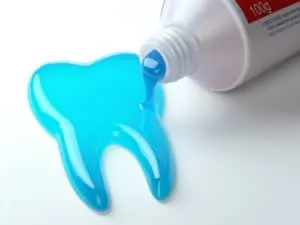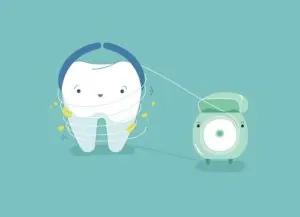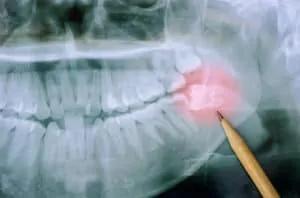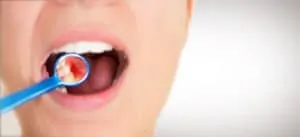
What Is Fluoride?
Fluoride is a mineral that’s found in nature, specifically in soil, water, plants, and the air we breathe. In the world of dentistry, fluoride is used to help strengthen tooth enamel and protect teeth against decay and cavities. It can also help repair early decay caused by demineralization.
Demineralization occurs when acids from bacteria and foods linger around and actually begin to eat away at the protective layer of enamel. But enamel isn’t the only thing affected during demineralization. Our teeth can also lose minerals such as calcium, phosphate, and fluoride. These minerals are essential to keeping our teeth tough and strong to fight off decay… so it’s important to replace them either through the foods we eat or from fluoride treatments from your Asheboro dentist.
Who Should Get Fluoride?
When you think of fluoride, you may assume that it’s only important for kids. But nearly everyone’s smile can benefit from fluoride. Your dentist in Asheboro will most likely recommend that both you and your children receive a fluoride treatment at every dental appointment to help build strong teeth and protect against cavities. These treatments are typically either a varnish, foam, or gel that are applied in the dental office.
Where to Get Fluoride?
Besides having your dental team apply a fluoride treatment, there are other ways you can help your teeth get enough fluoride. Most public water supplies have added fluoride, and it can be found in some foods you eat. There’s also fluoride in many kinds of toothpaste and mouthwash. Fluoride supplements are also available and may be recommended if you don’t have fluoridated water or if you need an extra boost of fluoride.
Is Fluoride Safe?
Fluoride is safe for children and adults in recommended amounts, which will vary based on things such as risk, need, and age. However, fluoride can be hazardous if it’s used too much. This risk is extremely low as it’s extremely difficult to expose yourself to dangerous levels of fluoride through fluoridated water, toothpaste, and fluoride treatments from your dentist. A good rule of thumb is to remember to always follow your dentist’s recommendations, don’t swallow toothpaste or mouthwash, and monitor children’s brushing habits at home.
If you’re unsure if fluoride is right for you or your family, or if you have questions about fluoride, we welcome you to call our Asheboro dental office and schedule a visit. We’re here to help!



 Wisdom teeth can be a pesky problem, whether they need to be removed or not. While there are times when your dentist in
Wisdom teeth can be a pesky problem, whether they need to be removed or not. While there are times when your dentist in 










